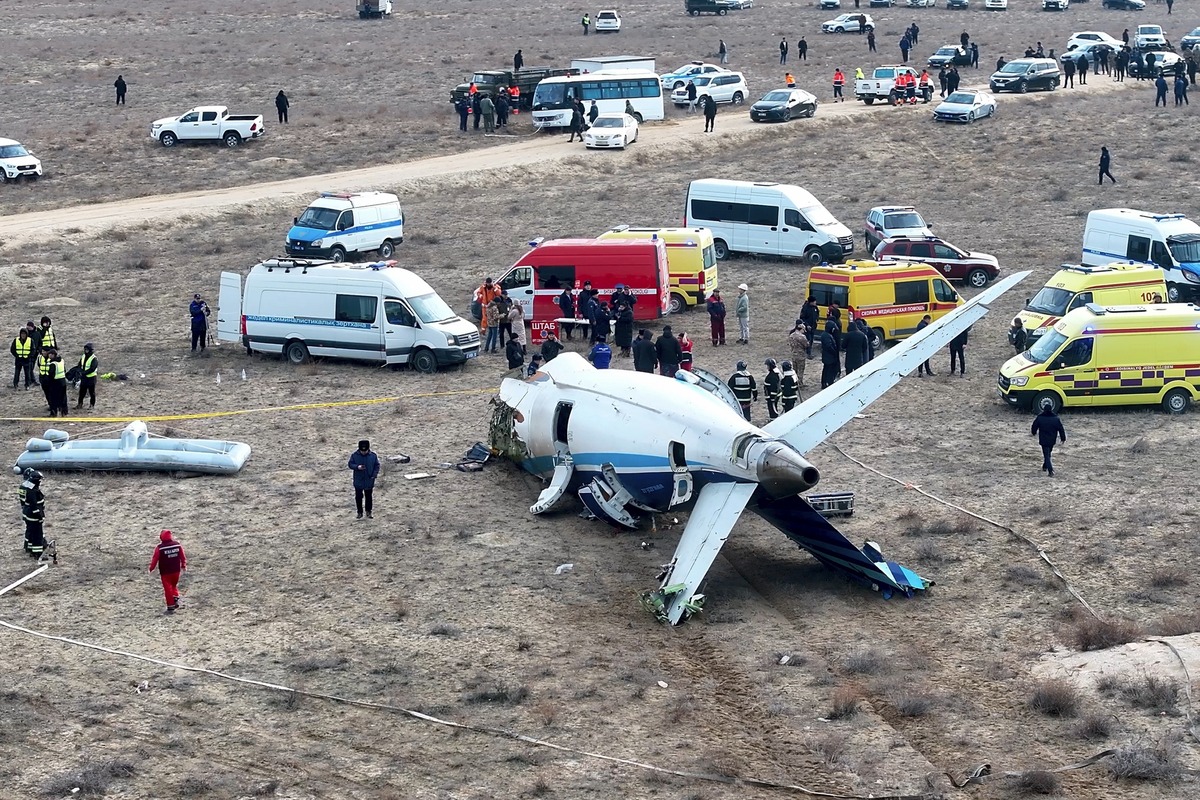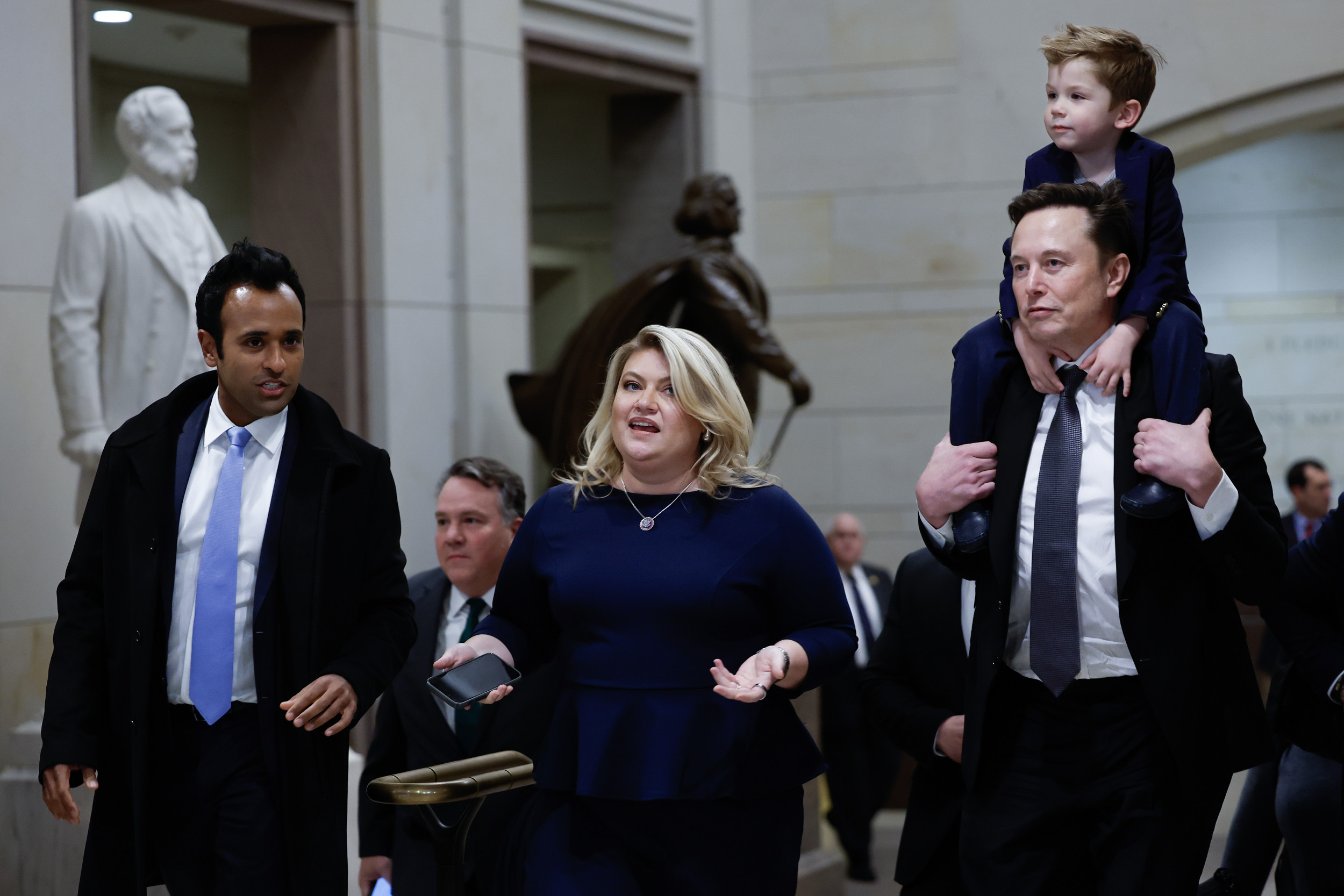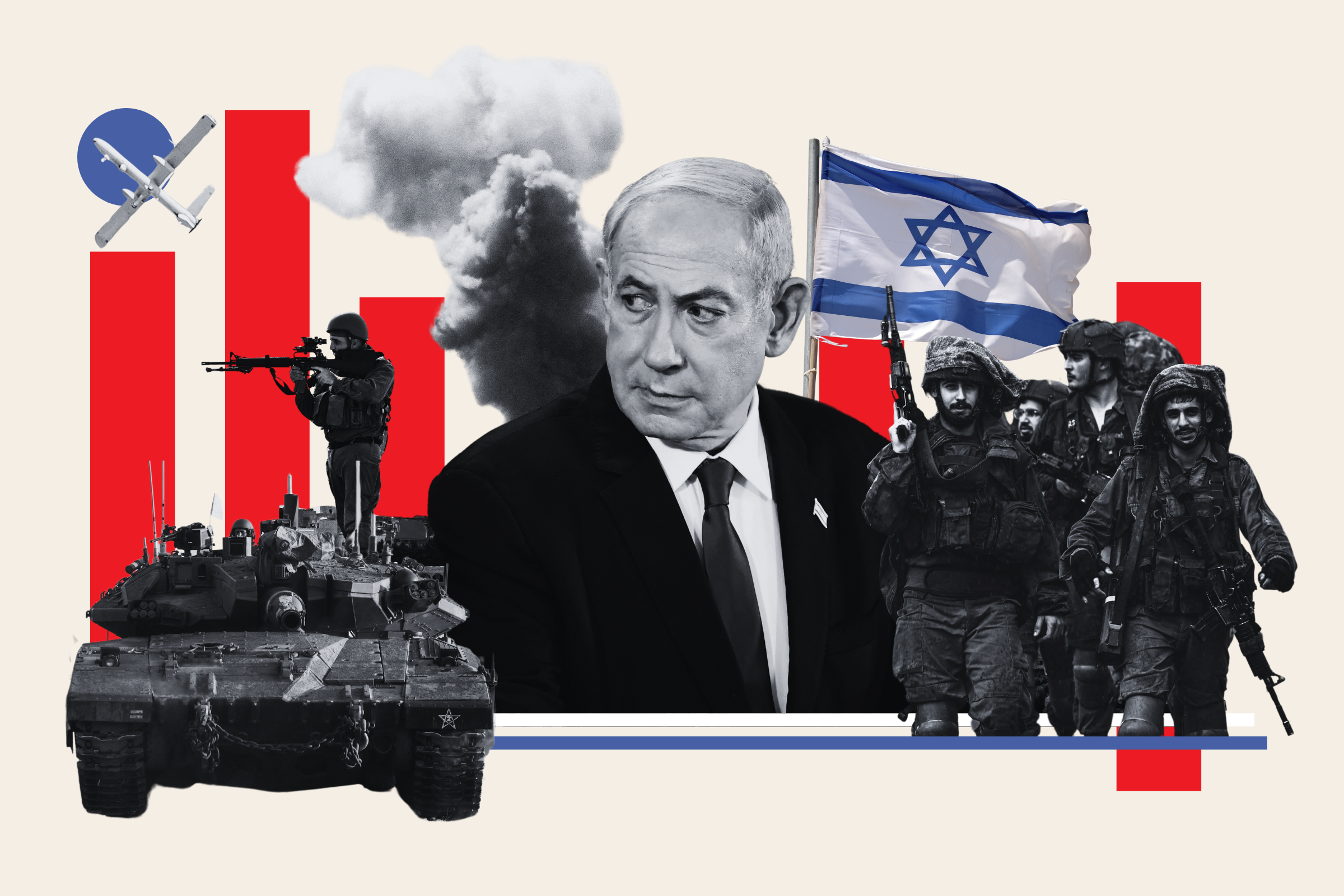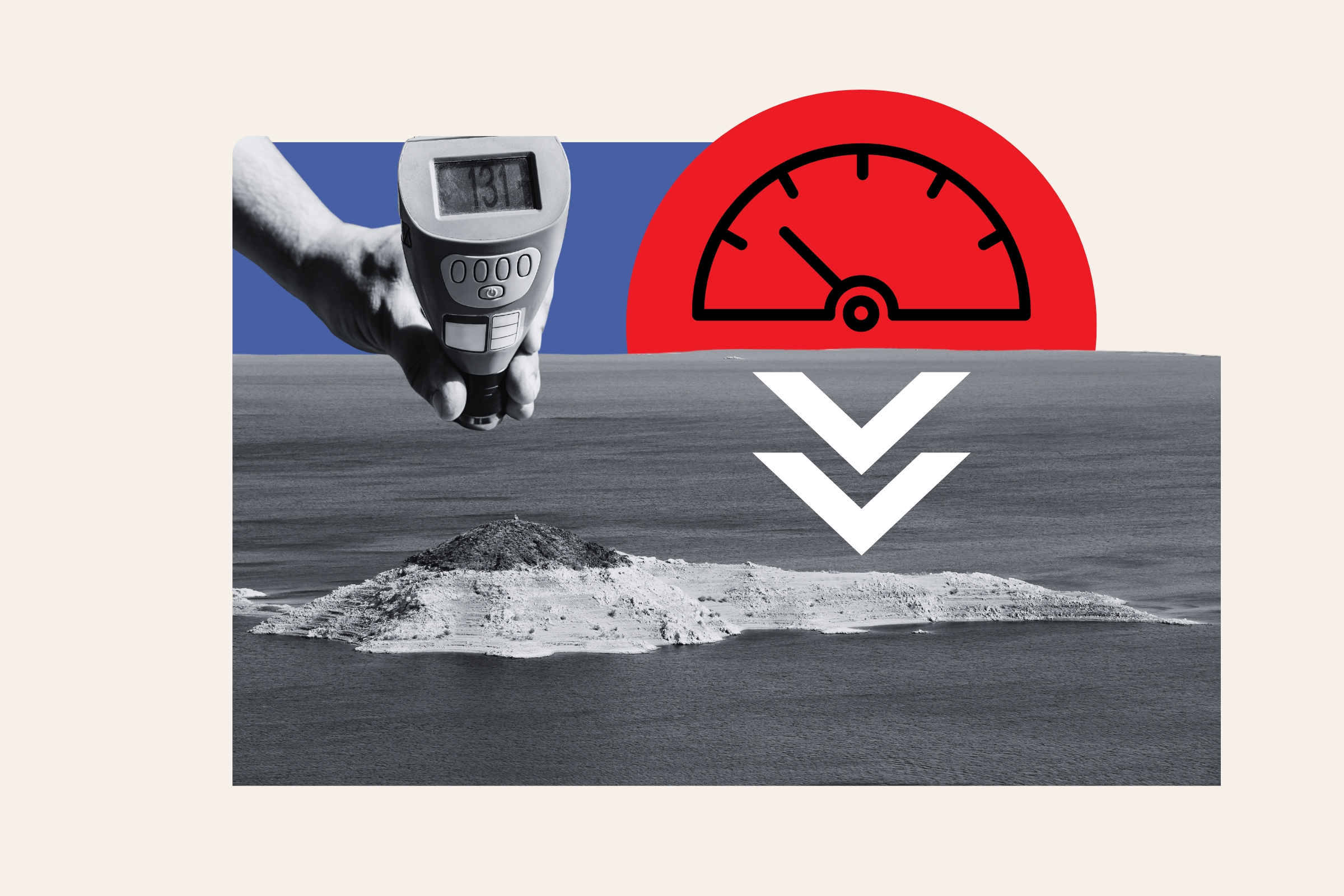The lightening advances of Syrian rebels have highlighted the vulnerability of President Bashar al-Assad's government, but don't yet signal his imminent downfall, and Turkey is likely to play a key role in ending hostilities, experts told Newsweek.
Insurgents led by Sunni Islamist group Hayat Tahrir al-Sham (HTS) captured four more towns on Tuesday, opposition activists cited by the Associated Press said, although forces loyal to Assad retook some territory too. Flushed with the success of capturing Aleppo and parts of the northwestern Idlib region last week, the rebels got to within a few miles from the fourth-biggest city of Hama, posing the biggest challenge to Assad's authority for years.
"It is evident that for the past six to seven years, the Assad regime has not been able to prepare the military for this type of eventuality," Vuk Vuksanovic, associate at the London School of Economics think tank LSE IDEAS, told Newsweek.
"The regime took a hit, but this is unlikely to result in its collapse. More likely, it will have to absorb the hit and wait for the better days when Russia and Iran might be better positioned to help out."

Bilal Sukkar, a senior associate at geopolitical consultancy S-RM, told Newsweek: "The flare up of conflict was in of itself not surprising, but the scale and speed of the Syrian regime's collapse astonishingly exposed its vulnerability."
Iran is an ally for Assad and the timing of the rebel offensive coincides with Israel's actions in weakening Tehran's "Axis of Resistance" and anticipation over the regional impact U.S. President-elect Donald Trump will bring from early next year.
The eyes of Assad's other key supporter, Vladimir Putin, are focused on Ukraine but the Russian president has already lent a hand with his forces conducting airstrikes on Aleppo and Idlib akin to his help in 2016 when he helped prop up the leader of the country, which hosts Russian military sites.
Putin may not be in a position to give Syria the aircraft, heavy military equipment and troops he provided eight years ago. "Due to the entrenchment of his 1,000-day long war in Ukraine, Putin no longer has the luxury of extending such support," Aurélien Colson, professor of political science at ESSEC Business School, told Newsweek. "Russia is now overstretched."
Vuksanovic said: "Things for Assad are more complicated at this moment because his main allies are either recovering from war wounds or are bogged down elsewhere—Russia in Ukraine and Iran in wider Middle Eastern conflagrations."
The Role of Turkey
Key to any resolution of the hostilities is Turkey, which backs the Free Syrian Army fighting alongside HTS. "The attack could not have taken place without Turkey's tacit approval," Middle East analyst Avi Melamed told Newsweek.
During the Syrian civil war, Ankara established a zone of control in the north of the country via proxy forces based on Syrian rebel groups. Turkey has been unable to resolve the issue of Kurdish autonomy in northeast Syria (Autonomous Administration of North and East Syria or AANES), which Ankara views as a direct threat due to groups there it deems to be linked to the Kurdistan Workers' Party (PKK).
The influx of Syrian refugees into Turkey has strained its economy and created a significant political challenge for President Recep Tayyip Erdoğan.
"The rebel successes present a renewed threat to Assad's regime, which had stabilized its grip on parts of Syria in recent years," said Melamed. "Turkey is likely to halt the rebels' advance once the risks to its broader interests—particularly relations with Russia and the U.S.—outweigh the gains from this military campaign."
Rateb Atassi, a senior associate at S-RM, told Newsweek that Assad will try to persuade Putin to provide the backing needed for its counter-offensive. With Russia stretched thinly, and a weakened Iran and Hezbollah in Lebanon from Israeli attacks, "this may be Russia's moment to wrestle further control over Syria and to hold further sway in regional dynamics in the Middle East."

Sukkar said that "if it is to survive" Syria will need to calibrate its military reliance on weakened Russia and Iran to halt the rebels with the overtures of financial assistance from Arab states conditioned on breaking with Tehran.
Civilians are bracing themselves for aerial bombardments. Intense air strikes overnight Tuesday drove back the rebels from the edge of Hama, Reuters reported, adding that fighting 3 miles northeast of the city raged, as regional players weighed up their responses.
Sukkar said to expect a flurry of diplomacy between Turkey, Iran, Russia, Arab states and Western countries to de-escalate the tensions. "Otherwise, Syria risks spiraling into a new protracted cycle of violence that might expand to other hotspots across the country and draw in foreign actors."
Newsweek has contacted the Syrian, Russian and Turkish foreign ministries for comment.






.png)













 English (US) ·
English (US) ·